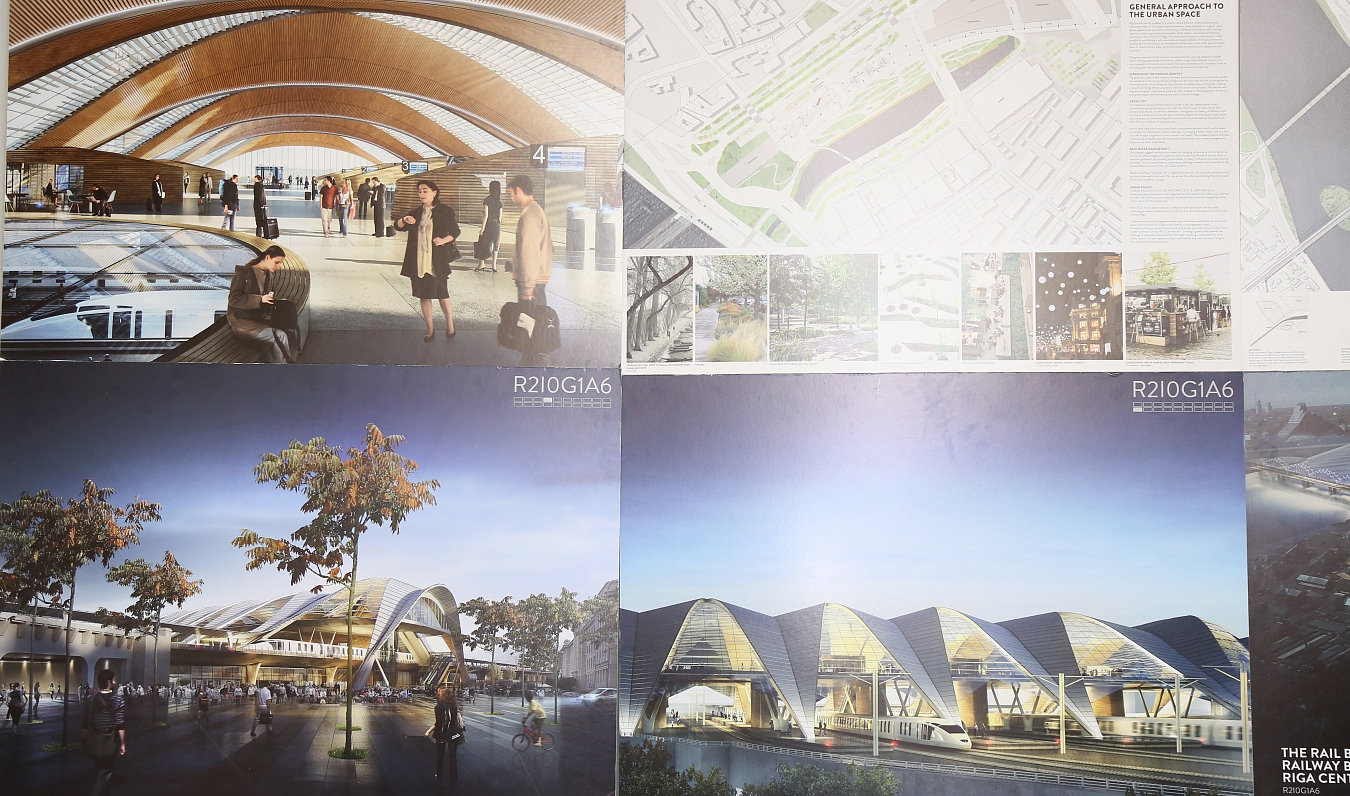As reported by our colleagues at ERR News in Estonia, the agreement did face some opposition, eventually being passed by 63 votes to 20.
The agreement is required to establish a level playing field between the states involved and opens the door to pan-national procurement procedures and other special conditions required for what will be one of the biggest infrastructure projects ever undertaken in the Baltic states.
As previously reported by LSM, the project is projected to cost around 6 billion euros and it is hoped the first train will depart from Tallinn in 2027. If all goes according to plan, the European Union will foot up to 85% of the construction costs, with the three Baltic states contributing the remainder.
Efforts to tempt Finland and Poland to formally commit to the project have yet to pay off, the only last week Ukraine expressed an interest in becoming involved.
Riigikogu ratified the agreement between the governments of ??, ??, ??
— Riigikogu (@Riigikogu) June 19, 2017
on the development of the #RailBaltica Railway Connection. pic.twitter.com/uKlqkpDCzV






























